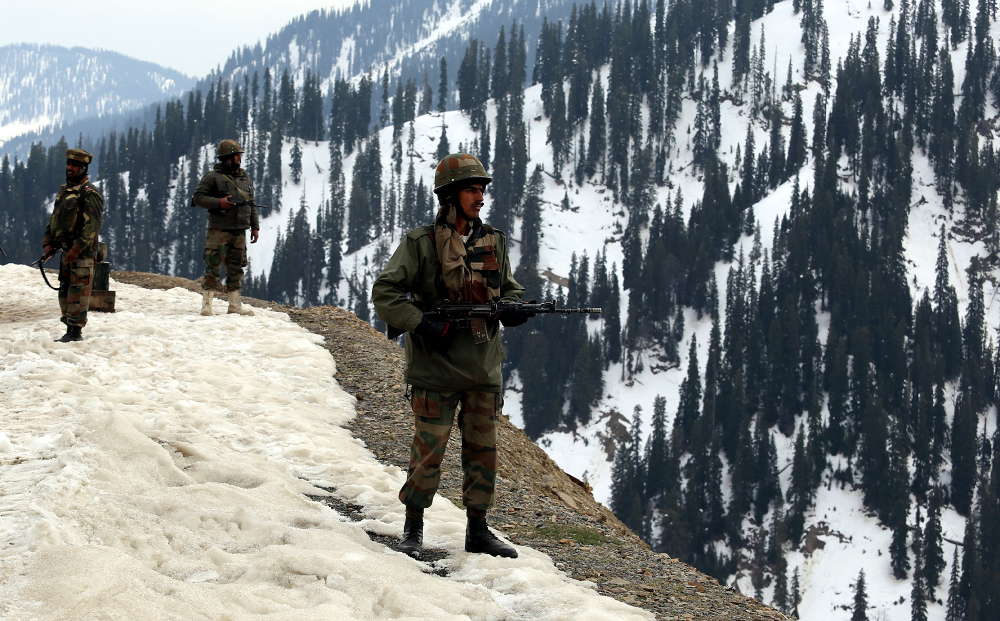An Ode to the Indian Soldiers
ottava rima
Be choking chill or burning heat; be rain
or sleet; thou’re there O soldier brave to save
thy brethren sleeping sound inland, sans pain.
Thy eyes surveying every crest and cave;
the crooked snowy paths and frozen plain;
forgot a wink, in wait of enemy knave.
Thou’re there O soldier brave and here we’re snug
and safe in the warmth of tight tricolour hug!
The Light from Gloom
a rondel
As din that’s heard always, by peace gets drained
and world around becomes a faded paint;
all dreams assume new hues sans worldly taint
and senses calm as soul flies high unchained!
New clues, new views, new cues and news affained
to soul alone unfurl in colours quaint
as din that’s heard always, by peace gets drained
and world around becomes a faded paint.
Who said this world is true and dreams are strained
mind’s fancy myths and pained heart’s woeful plaints?
It’s time Noesis dawns from Visible’s faint
and mind and heart get numbed, by bliss contained
as din that’s heard always, by peace gets drained.
Once an advocate, Sathya Narayana joined the Government of India as Inspector of Salt in 1984 and got two service promotions




Welcome to TS, Sathya Narayana.
Your ‘ottava rima’ poem, “An Ode to the Indian Soldiers” is magnificently written. Lovely rhyme scheme to make Sir Thomas Wyatt so proud of your work. Even romanticist Lord Byron may fumble and look at his “Don Juan” and your classic touch. And W.B. Yeats would give you a high-five!
Your ‘rondel’ poem is certainly impressive and thought-provoking. Interesting rhyme scheme and imagery. Classic touch!
“The Light from Gloom” is an excellent poem very rich in imagination. Peace after draining din. The word ‘drain’ powerfully conveys poet’s emotion. Yes, only after containing heart and mind bliss is attained and then there is no din but only peace.
“An Ode to the Indian Soldiers” depicts the hard and tough life the soldiers lead that we, citizens may live in peace and comfort.. A good poem saluting the sacrifice of our soldiers and other paramilitary forces. The poem is not confined to any one country and is universal in appeal.
Name wrongly spelled. Should be Baisthakur and not Bisthakur.